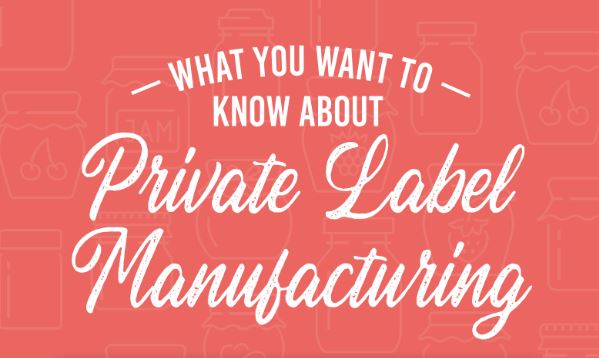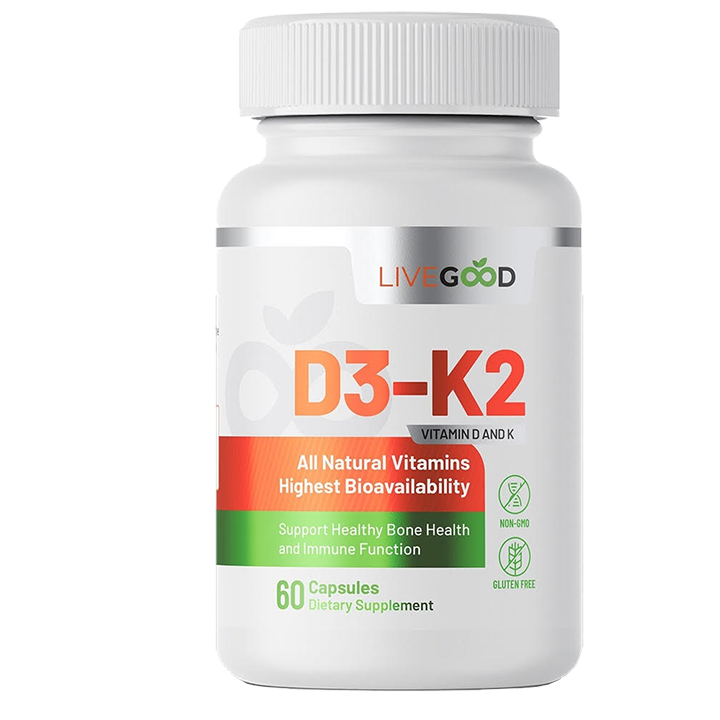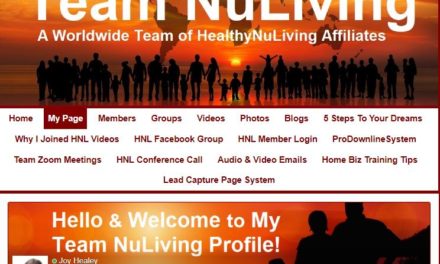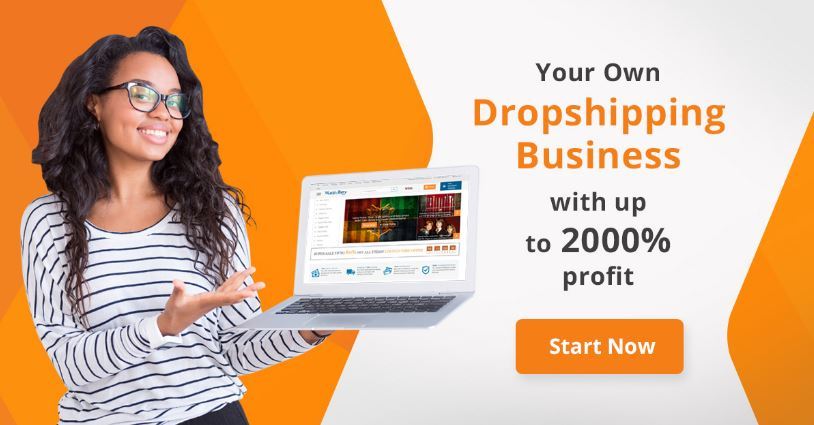If you’re looking to start or expand your online or in-store business, selling private label products is a great option. In fact, when it comes to this business model, you can create products without having to invest in manufacturing, research and development, and marketing. Moreover, it lets you create a unique offering for your customers. Read on to learn what private labeling is and how you can get started.
What Is Private Labeling?
A private label product is manufactured by a third-party manufacturer and sold under your company’s brand name. As an entrepreneur or small business owner, you have control over the ingredients, the packaging and the label.
You pay the third-party manufacturer to have your product produced and delivered to your store or warehouse, then you sell the final product as if it’s yours. For example, when it comes to large retailers, Costco has its Kirkland private label and Walmart has Great Value.
Private Label Categories
You can create private label products for many consumer product categories, such as:
- Food and beverage
- Cosmetics
- Skin care
- Hair care
- Household cleaners
- Condiments
- Frozen foods
- Wellness products
- Baby products
- Pet food and accessories
The Benefits of Private Label Manufacturing/Products
Private label manufacturing essentially simplifies the product development process for you. It also offers many other benefits, including:
- Adaptability: Private label products can be altered easily, allowing you to quickly respond to changes in the market or the needs of your audience. You can also scale your product orders up or down as well as discontinue the product without losing money.
- Brand building: You have control over the product’s branding before making it available to purchase. This means you can choose the packaging, name and logo. This can help personalize a patron’s shopping experience, which may lead to increased customer loyalty.
- Cost: You can determine the product’s cost and profitable pricing. Moreover, purchasing private label products for your business can help you extend a product range while being cost-effective. In other words, you could expand your inventory for less while simultaneously attracting patrons.
- Exclusivity: Private label products are only made for you and do not compete with national brands.
How to Get Started With Private Label Products
- Do your research and choose a product: Be sure to study the market and find your niche, whether it’s health products, baby products or edible goods created by a private label food manufacturer. It’s important for the product to be in demand and unique. Additionally, you may want to explore the competitors that exist for your product and think about where they might be lacking.
- Look for specialized manufacturers: A private label manufacturer that specializes in your niche will have the expertise to produce your product quickly. The manufacturer you choose should be easy to work and communicate with, in addition to having values that match yours. Further, make sure to inquire about material sourcing, account requirements and minimum order value.
- Order samples: You want the best quality for your customers. That’s why it’s imperative to test the product to ensure it is up to your standards and expectations.
- Set up your online store: If not already established, get an online store up and running before launching the new product. This can help you create a unique identity. It can also help new customers find your business.
- Build awareness: To help drive traffic to your store or site, consider targeting consumers via social media, SEO, blogging and email or content marketing.
Selling private label products is a smart way to expand and grow your business. To learn more about this business model and how to get started, see the accompanying resource (below).
Author bio: Craig Duncan is Chief Operating Officer for House of Webster, a manufacturer of gourmet jams and jellies. He has more than 25 years of experience in the food manufacturing industry.
This infographic was created by House of Webster, private label food manufacturers










